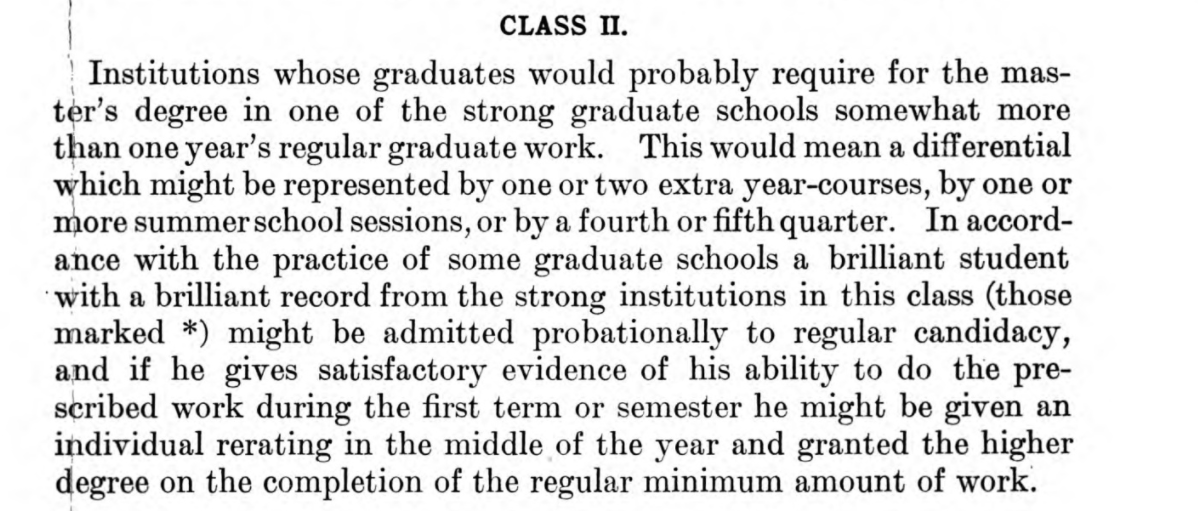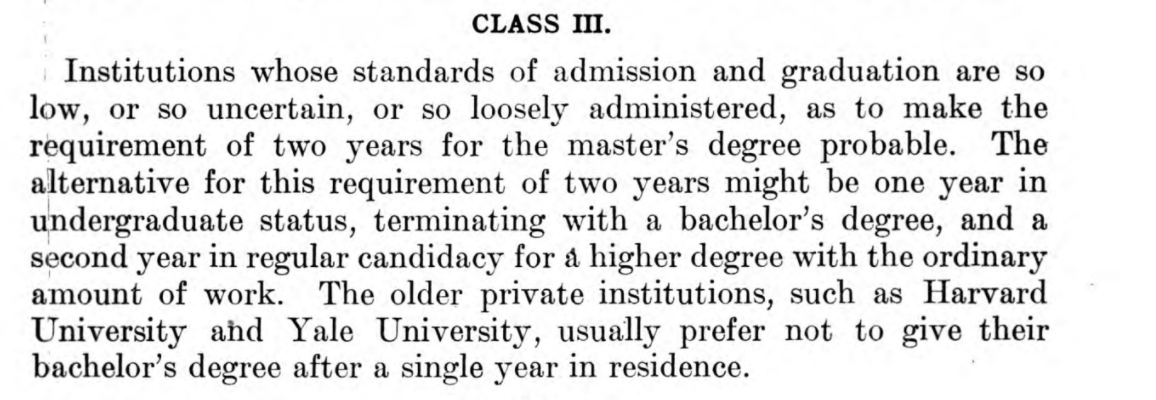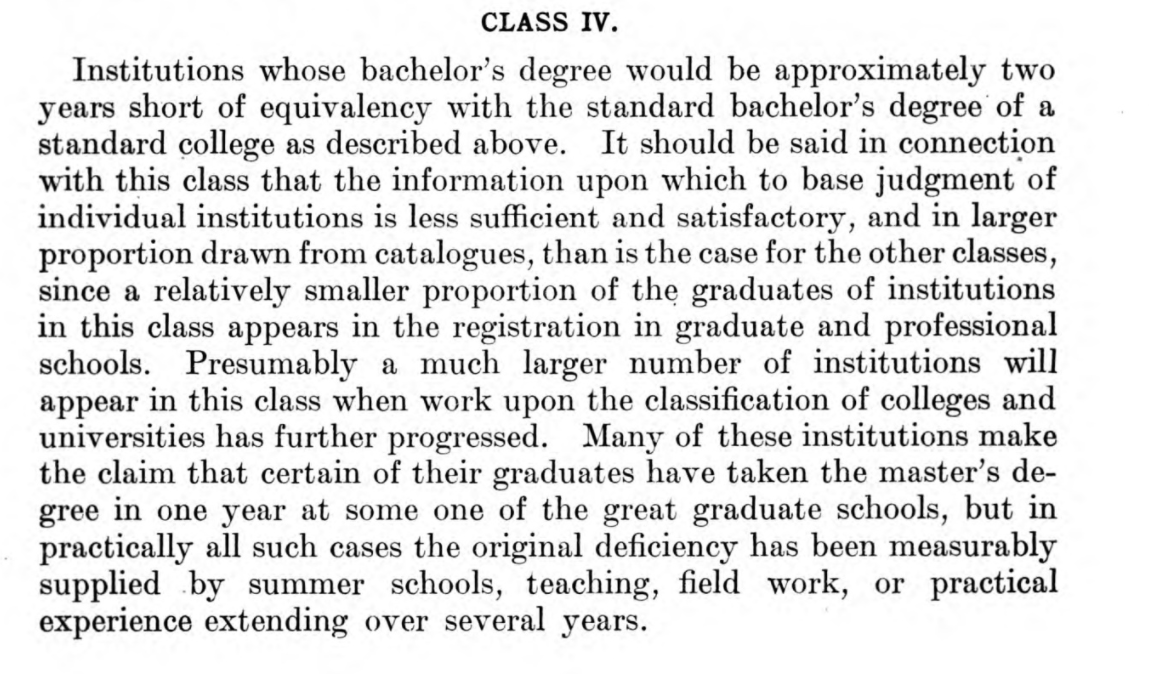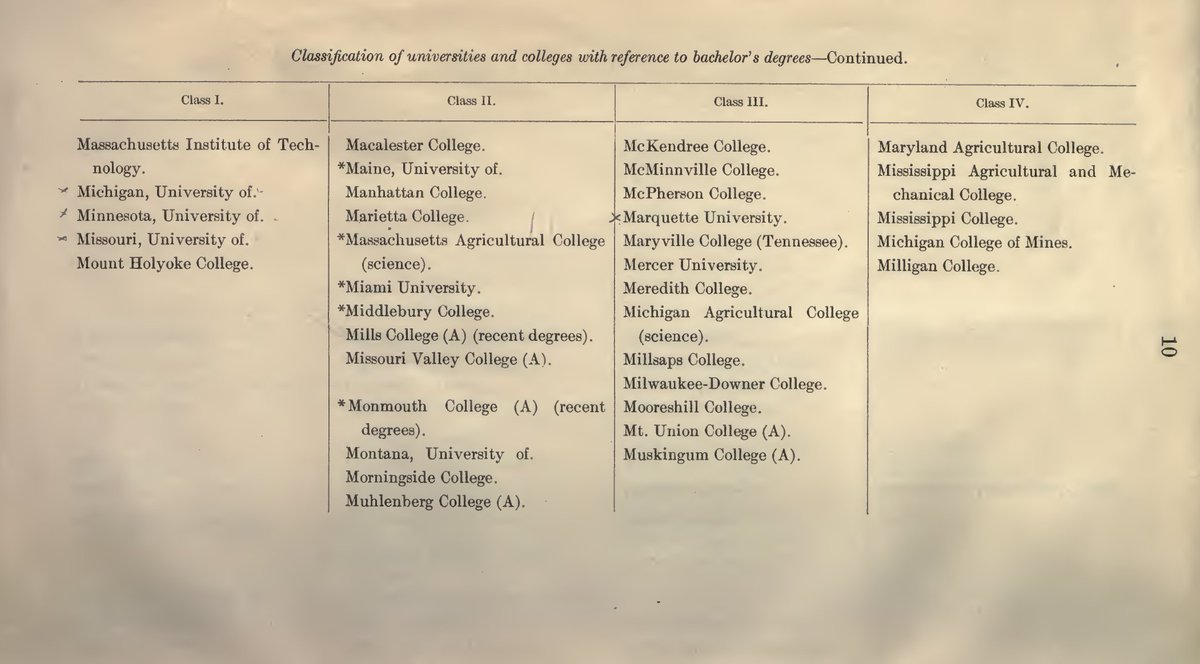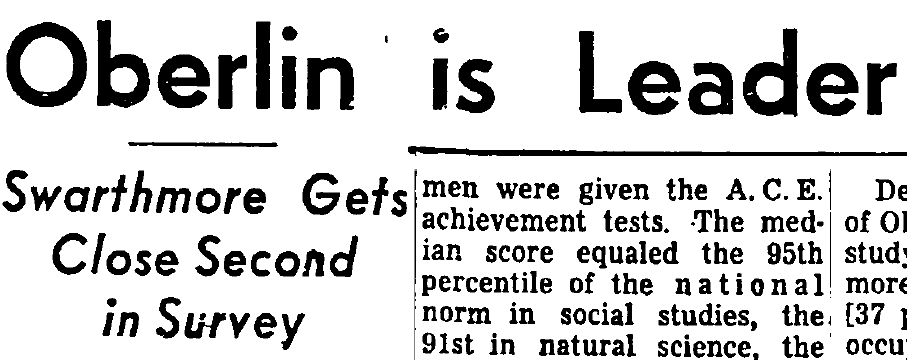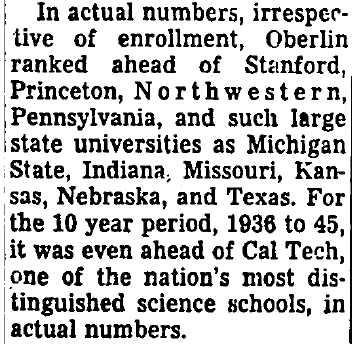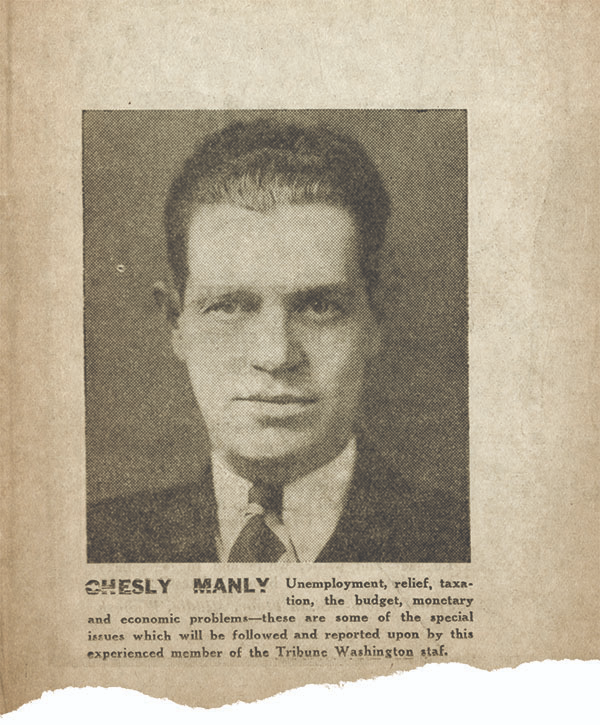Thread: It's college ratings week, and in our business, we know that means USNWR.
I don't blame USNWR: They simply identified something colleges probably should be doing, but were reluctant to, and did it themselves. For profit.
I don't blame USNWR: They simply identified something colleges probably should be doing, but were reluctant to, and did it themselves. For profit.
But of course they're silly. @Gladwell Malcolm Gladwell does a good job of tearing them apart in his @NewYorker article, here: newyorker.com/magazine/2011/…
But we sort of pretend the rankings are new. They aren't. The popularity of them is new. The rankings have been around for a while.
Consider:
Consider:

This was written in 1911 by Kendric Charles Babcock, who wanted to look at those universities that sent or might send students to the master's degree. It was a single, easy-to-understand rating criterion. It's available here in different formats archive.org/details/classi…
I don't know about college attainment in 1911, but in 1940, about 3% of adults had a college degree, so master's degree attainment must have been something very special in 1911. See also HS Grads. highereddatastories.com/2019/08/change… 
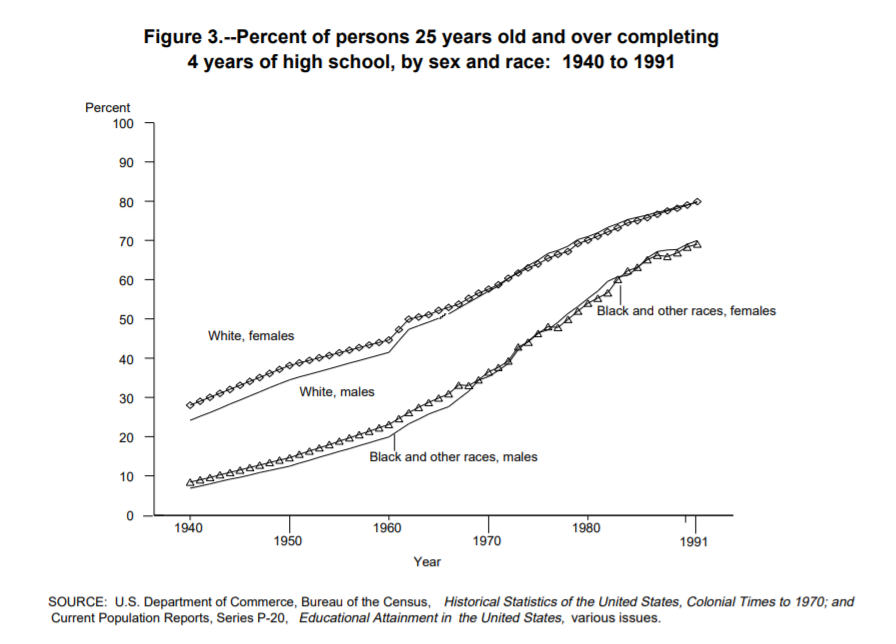
The methodology was strictly qualitative. He or his designees traveled to selected institutions to conduct interviews. Six of them were Ivy League (if the Ivy League even existed then I don't care and I don't want to know so don't @ me) 
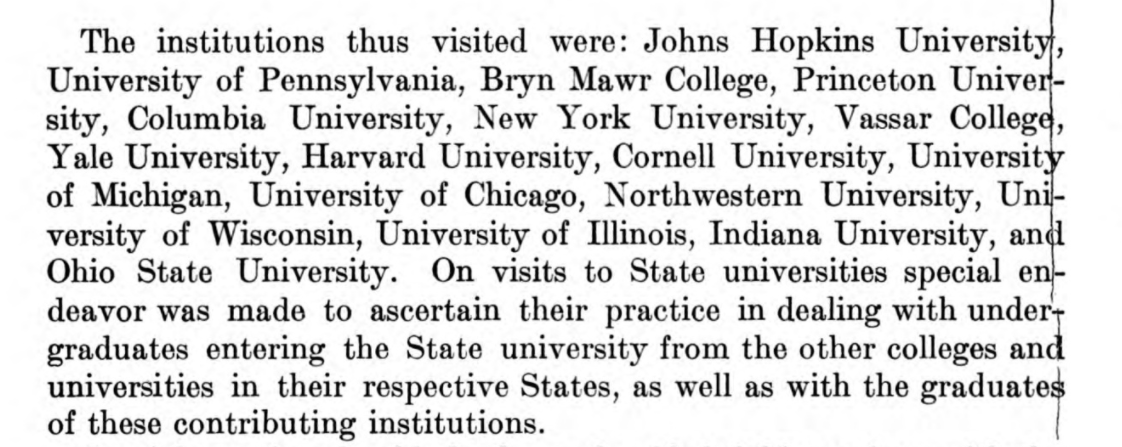
There are others. My favorites are from 1957 in the Chicago Daily Tribune, written by Chesly Manly, whose name is evocative of someone who might know this stuff in 1957. The top school for men? 


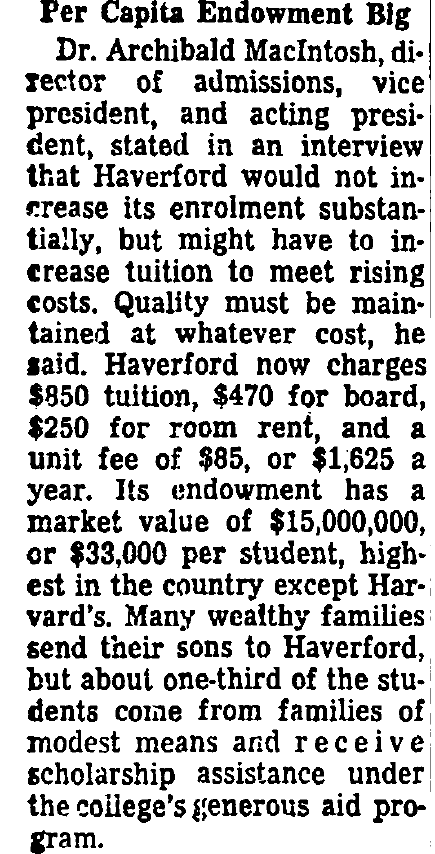
Also rans? Wesleyan, Union, Kenyon, Amherst, and Hamilton. Here is the full article in pdf dropbox.com/s/e5gc7tfdztjx…
Radcliffe, Pembroke, Goucher, Wellesley, and Vassar were also mentioned. That article is here dropbox.com/s/u33mgicx9led…
I include these all as Fair Use, btw.
Rankings have been around for a while. And they haven't changed much over time. Read those articles and you'll see why. I think. Enjoy.
And don't get your shorts in a knot about them.
And don't get your shorts in a knot about them.
If they like your college, it's OK to mention it. If they don't, it's OK to disparage them.
Oh, and #EMTalk
• • •
Missing some Tweet in this thread? You can try to
force a refresh



